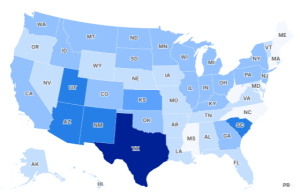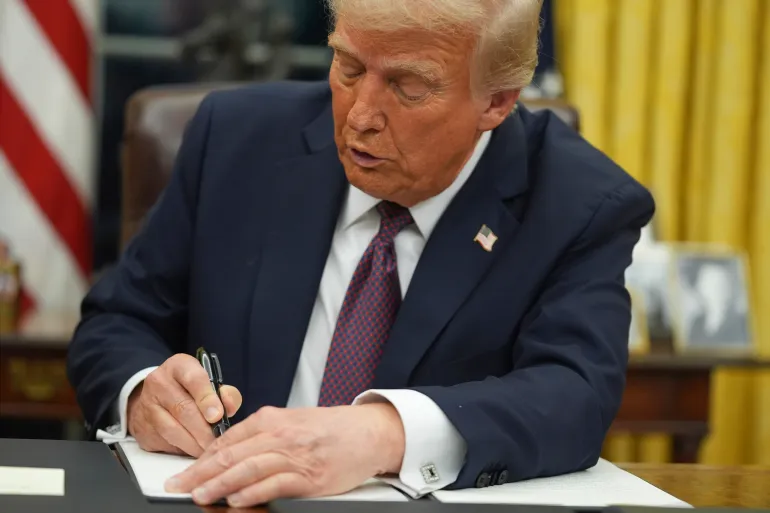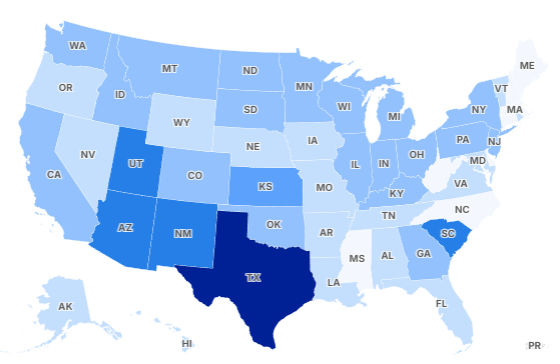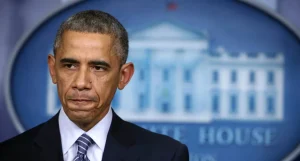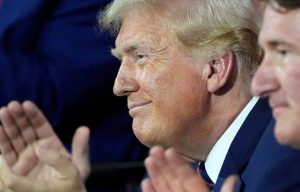For nearly a century, the structure of America’s regulatory bodies has been protected by a landmark precedent. That protection is now facing its most serious challenge in decades. While the Consumer Product Safety Commission (CPSC) may seem distant from everyday political drama, a recent Supreme Court decision involving the agency could signal a significant shift in how much control presidents have over federal regulators.
What Is the Consumer Product Safety Commission?
The Consumer Product Safety Commission was created to safeguard the public from unreasonable risks linked to thousands of types of consumer products. From toys to electronics, the agency oversees safety standards, initiates recalls, and bans hazardous items. Importantly, the CPSC was designed to be independent—its commissioners typically serve fixed terms and cannot be removed without cause.
How the Legal Battle Started
In 2021, President Joe Biden appointed three commissioners to the CPSC. These appointees were meant to serve multi-year terms and guide the agency through pressing public safety concerns.
But when President Donald Trump returned to office, his administration promptly dismissed all three commissioners. This move sparked immediate controversy. Critics argued that the president overstepped his bounds by removing officials who, by law, could only be fired for misconduct or negligence.
The dismissed commissioners quickly filed suit, claiming the firings violated the statutory protections in place to ensure agency independence.
A Challenge to Longstanding Legal Precedent
The legal battle escalated quickly. The administration defended its actions by pointing to the increasing importance of executive authority. It argued that because these commissioners wielded substantial executive power, the president should be able to remove them “at will.”
This argument drew comparisons to the 1935 Supreme Court ruling in Humphrey’s Executor v. United States. In that case, the Court unanimously ruled that President Franklin Roosevelt could not remove a Federal Trade Commission member just for opposing his New Deal policies. The decision has long served as the legal backbone for protecting independent agencies from political interference.
But now, the current Supreme Court has taken a step that may erode that very backbone.
The Turning Point: Supreme Court Weighs In
On Wednesday, the U.S. Supreme Court sided with the Trump administration. In an emergency ruling, the Court allowed the immediate removal of the three Democrat-appointed commissioners from the CPSC. This decision, while technically temporary, is highly consequential.
The majority opinion noted that the CPSC exercises executive powers similar to those of the National Labor Relations Board. Therefore, the Court reasoned, the president has the right to control its personnel—just as he would with any executive department.
Justice Brett Kavanaugh issued a concurring opinion, suggesting the Court should consider the issue in full during its fall session. But for now, the emergency ruling stands.
Liberal Justices Sound the Alarm
The three liberal justices—Elena Kagan, Sonia Sotomayor, and Ketanji Brown Jackson—dissented. Justice Kagan was especially critical. Writing for the group, she warned that the majority’s decision bypassed normal judicial procedures and undermined congressional authority.
“This Court may enable the gradual transfer of authority, piece by piece, from one branch of Government to another,” Kagan wrote. Her concerns highlight fears of increasing presidential power at the expense of legislative oversight.
What This Means Going Forward
Though this ruling doesn’t permanently overturn Humphrey’s Executor, it certainly weakens its application. Legal experts suggest this could lead to a wider trend of dismantling protections for independent agencies.
Regulatory commissions—once insulated from political turnover—could become more directly subject to presidential control. This raises serious questions about the future of checks and balances, especially when it comes to consumer protection, labor law, and environmental regulation.
Conclusion: Why This Matters to You
At first glance, the dismissal of three agency officials might not seem significant. But the deeper legal implications could affect how government operates for decades to come.
The Court’s decision hints at a growing willingness to empower the executive branch, even at the cost of longstanding legal traditions. As agencies become more politicized, the average American could feel the ripple effects—from how quickly products are recalled to how public safety standards are enforced.
Whether this is a temporary shift or the beginning of a legal transformation remains to be seen. But one thing is clear: the balance of power in Washington just moved.

Emily Johnson is a critically acclaimed essayist and novelist known for her thought-provoking works centered on feminism, women’s rights, and modern relationships. Born and raised in Portland, Oregon, Emily grew up with a deep love of books, often spending her afternoons at her local library. She went on to study literature and gender studies at UCLA, where she became deeply involved in activism and began publishing essays in campus journals. Her debut essay collection, Voices Unbound, struck a chord with readers nationwide for its fearless exploration of gender dynamics, identity, and the challenges faced by women in contemporary society. Emily later transitioned into fiction, writing novels that balance compelling storytelling with social commentary. Her protagonists are often strong, multidimensional women navigating love, ambition, and the struggles of everyday life, making her a favorite among readers who crave authentic, relatable narratives. Critics praise her ability to merge personal intimacy with universal themes. Off the page, Emily is an advocate for women in publishing, leading workshops that encourage young female writers to embrace their voices. She lives in Seattle with her partner and two rescue cats, where she continues to write, teach, and inspire a new generation of storytellers.


